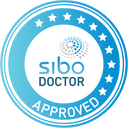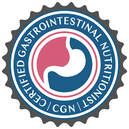|
I used to be a runner, or at least that is what I called myself. For about a decade of my life, I ran most days of the week. At first it began as a way to stay fit while in college. I used to play sports in high school which kept me active. However, in college, between studies and a part-time job, I couldn’t afford to be involved in sports. I needed a cheap and easy way to stay in shape, so I picked up running. I could do it anywhere, anytime, and all I needed was a pair of running shoes. It was perfect for the poor college student. Initially, it was hard. I ran seven minutes in one direction and then seven minutes back. Week by week, the distance gradually grew longer, and it felt good. Running was a personal escape from reality and my ever racing mind. It was meditative with my rhythmic breath. As the distance grew, I explored the trails and neighborhoods around me I otherwise would not have seen. I felt like a bounding deer jumping over rock and stone while winding my way around each bend. I even got to explore the streets of Barcelona in the early mornings. Everyone was still sleeping and the city was peaceful, a sight only few get to witness. Eventually I was running 4-8 miles most days of the week, with an occasional 10-12 mile long run on the weekend. I looked and felt healthy, emotionally and physically. It was a beautiful love affair. However, as time went on, running became an unhealthy obsession. I had to run in order to feel good about myself. No longer was running an enjoyable way to move my body and explore the world around me. Instead running became a chore. If I didn't run, I felt guilty. If the run wasn't long enough or fast enough, I felt guilty. I always timed myself, and I always tracked the distance I ran. No longer was I running out of pure joy, nor was it brining me joy. I was chained to my own prison of fear. Eventually I stopped, all because of a biking accident. I hurt my knee in a collision with a car door and could no longer run downhill without severe pain. A year later I completed physical therapy and was told not to run for 8 weeks. At first I was distraught. However, during this break I realized the relationship I had with running was hurting my mental and physical health. Who cared if I ran a 7 min mile or ran a half marathon?? NOBODY!! I wasn't a professional athlete. I was simply competing with myself. But why?? In the name of health? Because of my ego? Or the desire to keep my running figure? It was all a mess, and I was a mess. In those two months, I realized, I would be thankful if I could ever run again without pain, no matter the distance, no matter the speed. Now five years later, I run, but only occasionally when the mood strikes. Instead I thoroughly enjoy walking, hiking, and simply being outdoors. My past self would feel aghast at my current exercise regimen. I have no structure, no routine, and I simply do what sounds good to me in the NOW. However, when the desire to run is strong, I choose to run NAKED. I leave my home with nothing, no phone, no watch, no music, nothing. I simply run to run undistracted by today’s technology and to be present in the NOW. I want to feel the fresh breeze on my skin, to breath rhythmically with my step, and to explore the nature around me. And perhaps not even think at all. I run at a pace that feels good, not rushed. And I stop, whenever I want to. Sometimes simply to rest on a sunny bench in the park, or to admire some flowers along the way. In retrospect, the accident was a gift. It forced me to change an unhealthy pattern. Otherwise, I may still be stuck in the cycle of fear and guilt. Ultimately, I am healthier today (both mentally and physically) than I was then. My hope is that this essay may bring to light your relationship with exercise and movement. Do you move because you have to or should? Or do you move because you want to? And are you moving your body in a way that feels good and brings you joy? Or are you constantly pushing your limits? If you feel caught in a similar cycle, then I encourage you to honestly evaluate your relationship with exercise. Instead of letting numbers or unrealistic goals define you, opt for presence and kindness. Kindness to yourself and presence in your being. And always opt to move NAKED, free of devices that keep us from being present in the NOW. If you have been there or are there, you are not alone, we are not alone. Let’s run NAKED together! With Love, Selva #ruNaked
2 Comments
In practice, many of my clients come to me not eating enough protein, which is leaving them hangry and fatigued. Often they tell me they cannot go for long periods without eating, and are constantly snacking or grazing. Plus, they are not noticing any improvement in lean body mass despite increased effort at the gym or on the trails. Although the RDA for dietary protein is 0.8g/kg per day (about 10% of calories), this is based largely on the MINIMUM needed to avoid deficiency, but not to support optimal metabolic health. The acceptable macronutrient distribution range (AMDR) for protein is 10-35% of daily calories. However, research suggests that 1.2-1.6g/kg (or about 20% of calories) is ideal for metabolic benefits. For an average 130lb woman eating ~1800kcal per day that equals to 75-90g per day. Interestingly, on average Americans eat about 16% of their daily calories from protein. A vast majority (60%) of that protein is coming in at ONE meal and less than 15g of protein is consumed at breakfast. This practice may not be helping Americans. Researchers have found that a protein intake of ~30g per meal has positive effects on lean body mass and muscle protein synthesis when compared to meals containing <20g per meal. Furthermore, spacing total daily protein out over 3-4 meals is a very positive habit to enforce for many reasons. Find out more below. So why is protein important?? Protein is required for cellular growth and repair, the production of enzymes that are necessary for sustaining life, for hormone production (thyroid, dopamine, adrenaline, melatonin, insulin, etc), for proper fluid balance in the body, nutrient transport and storage, for healthy immune function, and soooo much more. Plus, protein helps increase our satiety hormone leptin, speeds up our metabolism, improves blood sugar control, and reduces snacking behavior. Therefore, by spacing protein out evenly over 3-4 meals per day, you will feel more energized, free of constant cravings, and better to able to listen to your hunger and satiety cues. Without enough protein, especially quality protein, our health declines. What is quality protein? The type of protein you choose is definitely important to meet your health goals. Conventional meats and dairy have a less desirable nutrient profile. Therefore, I recommend a variety of grass-fed beef, wild caught seafood, pasture raised poultry and eggs, pasture raised pork, organic beans and legumes, and organic grass-fed dairy if tolerated. Organic whole grains, nuts, and seeds also provide small amounts of protein. Supplements such as grass-fed collagen peptides, grass-fed whey protein, or organic pea/hemp/rice protein powders can be helpful to meet your goal. Although protein is very important, more isn't always better. Pairing a small portion (4oz) of protein with both carbohydrates and fats is ideal. Not only does this macronutrient balance increase satisfaction (and satiety), it also increases nutrient density, and supports hormone balance. GENERAL TIPS:
Meats, Seafood, & Poultry — 3 ounce portions or ~ 1/2 cup (20-25g) Beans/Legumes — 1 cup cooked (~15g) Meat Alternatives (Extra Firm Tofu/Tempeh) - 3oz (~15g) Whole Grains — 1 cup cooked (~8g) Nuts & Seeds — 1/4 cup whole (~9g), 2 T Nut Butter (~6g) Dairy Products — 1 cup milk, regular yogurt, or 1 oz cheese (~8g) Chicken Eggs — 1 egg (6g) Protein Powders — 1 serving (10-20g) varies a lot depending on the product To those of you who made it to the end, thank you! Are you mindful of your protein intake? Are you already meeting the goal of 25-30g per meal or is it a struggle for you? I would love to hear from you. Let me know in the comments below!
Eat Happy, Selva |
AuthorLike to read? Then get your evidence based nutrition information here! All posts written by Selva Wohlgemuth, MS, RDN Functional Nutritionist & Clinical Dietitian Archives
August 2023
Categories
All
|
Providing custom functional nutrition therapy since 2015.
Follow HBN on Social Media!
©Happy Belly Nutrition, LLC 2015-2023
Proudly powered by Weebly
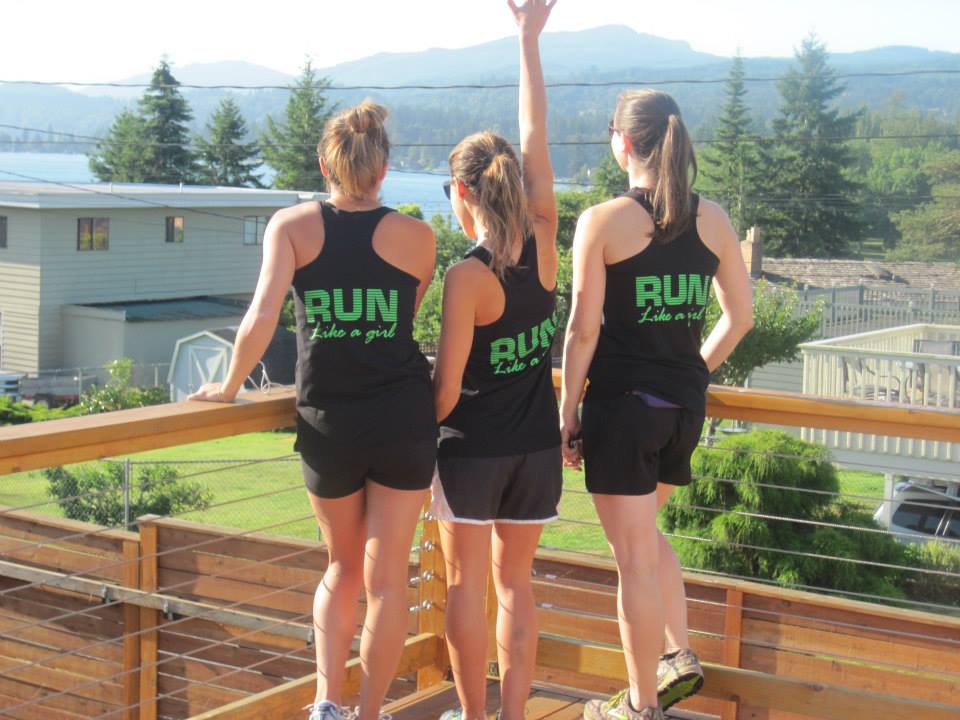
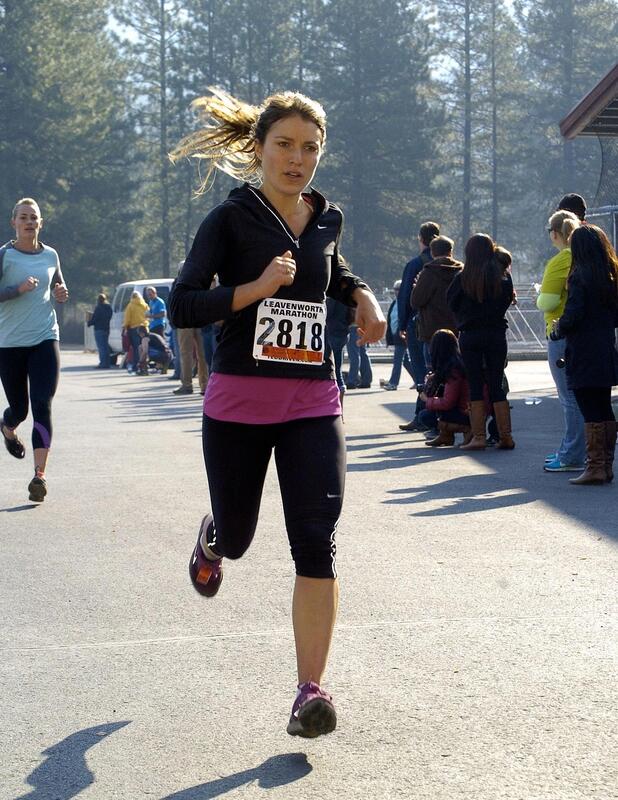
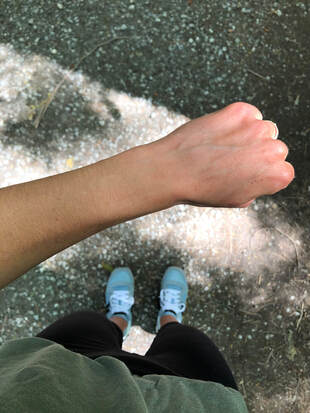
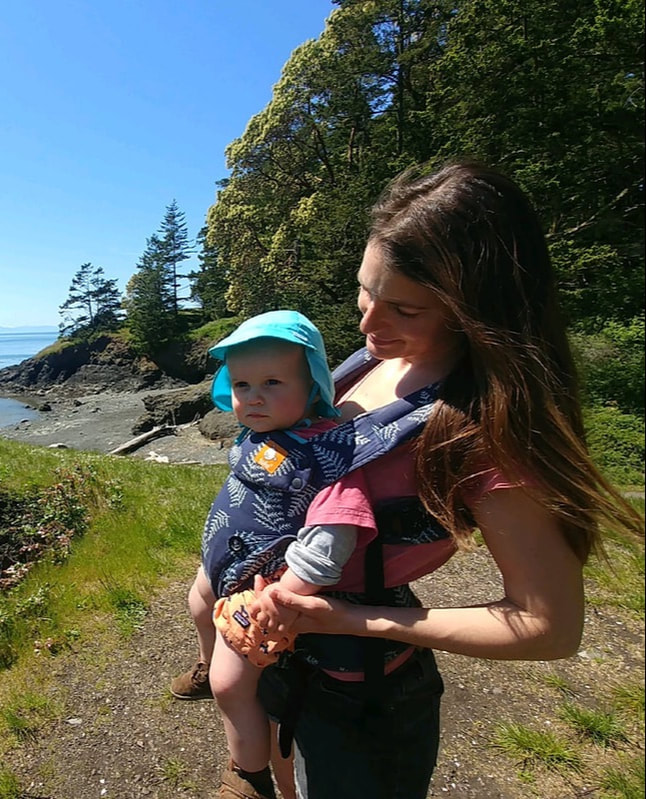
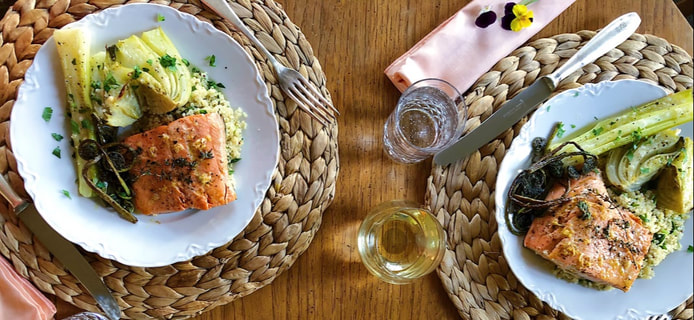

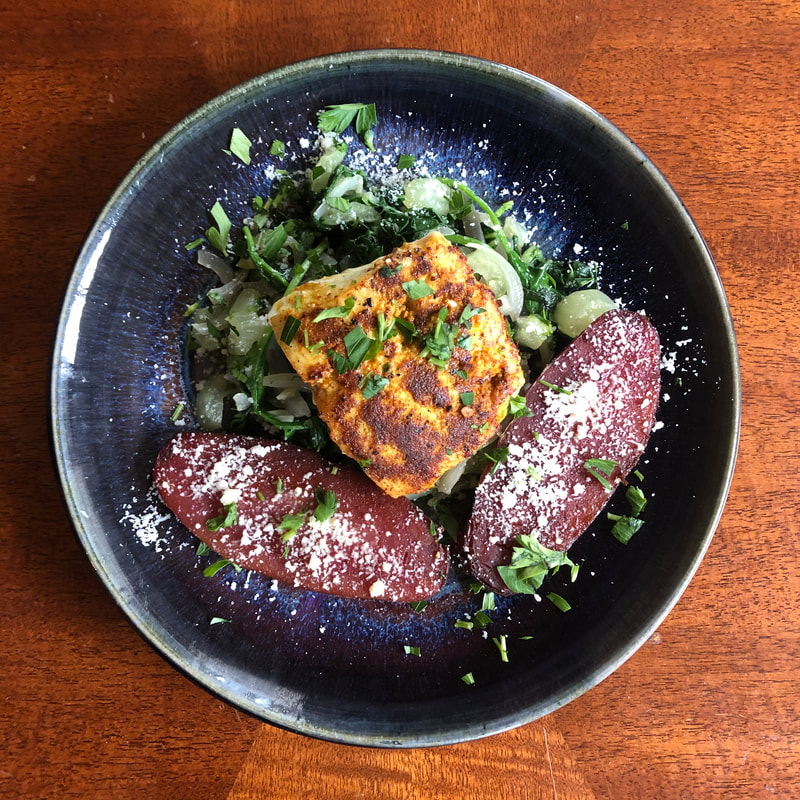
 RSS Feed
RSS Feed
